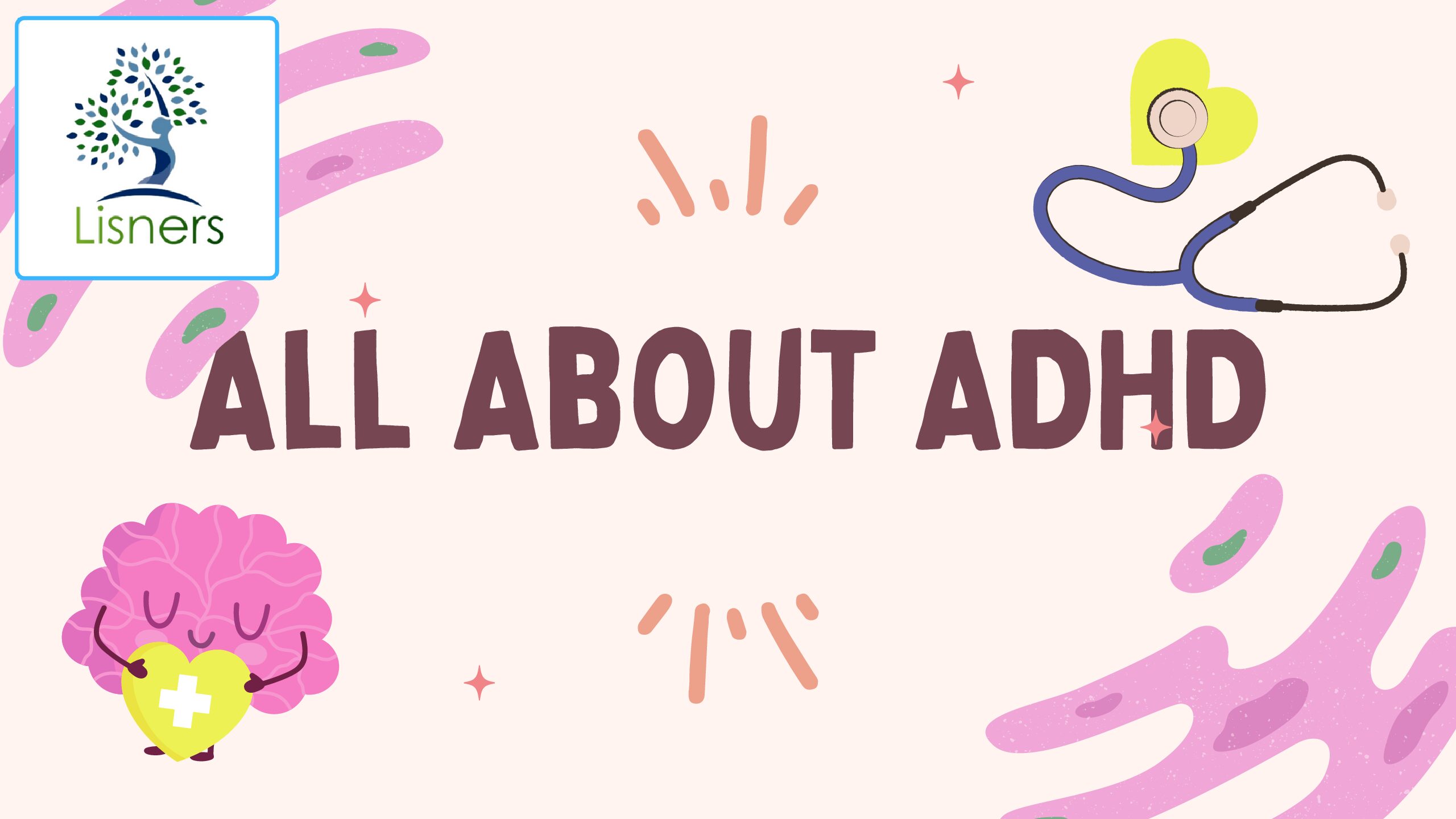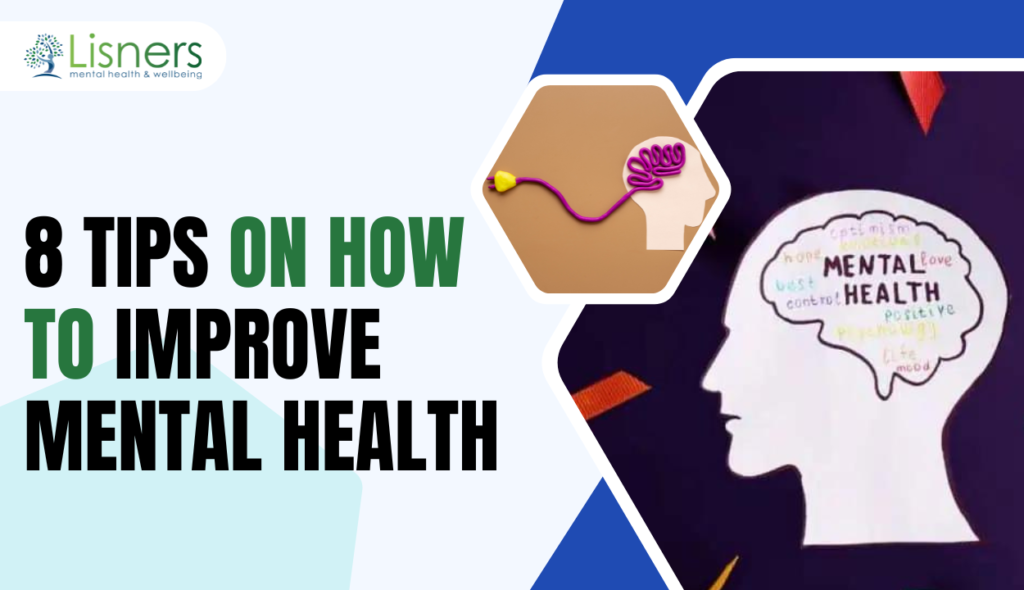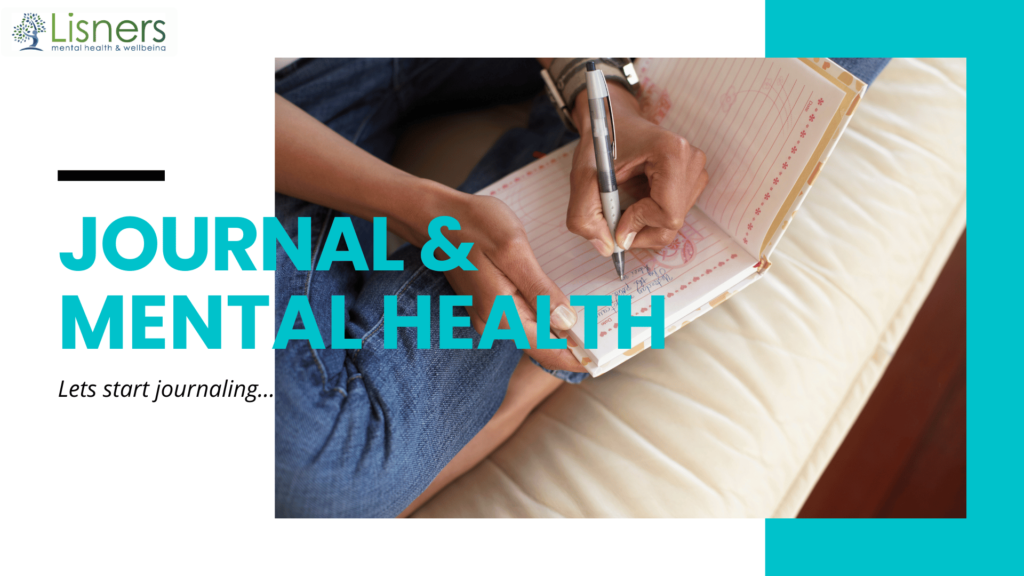Says: ‘My body was heating up at social gatherings’ and chose not to take medications.
Alia Bhatt opened up about her diagnosis with ADHD and anxiety. She has also mentioned that she is not on any medication and she has been actively working on herself to get through it. She also said that she believes she is “managing it well.”
She added, I took a professional test over three days, not just a random personality quiz, and I was diagnosed with ADHD and anxiety. Strangely, I felt happy because my ADHD diagnosis gave me information. Lack of information is what throws me off the most, and I’m always seeking clarity and comfort. I’m very averse to change. But once I became aware of these things, dealing with them became much simpler. I am not on any medication or anything although I can be but I chose not to and I am just actively working on it to help get through it. And I think I manage pretty well, the actress said.
Ever feel restless, easily distracted, or struggle to focus? While it happens to everyone, for some, it’s a daily challenge—this is known as ADHD Attention-Deficit/Hyperactivity Disorder
In this article, we’ll break down ADHD in simple terms-
- What it is
- Its signs, and
- How it affects life.
Whether you think you might have ADHD, know someone who does, or just want to learn more, this information will help you understand the condition better.
What is ADHD?
So the question arises ,WHAT IS ADHD?
ADHD is a neurodevelopmental disorder characterized by persistent symptoms of inattention, hyperactivity, and impulsivity that are developmentally inappropriate and impair functioning.
Neurodevelopmental: is related to differences in brain development and function.
Inattention: Difficulty focusing, staying on task, organizing, and following through on instructions.
Hyperactivity: Excessive activity, restlessness, and difficulty sitting still.
Impulsivity: Acting without thinking, interrupting, and having difficulty delaying gratification.
Developmentally Inappropriate: The symptoms are more severe and persistent than what is typically expected for a person’s age.
Impairment: The symptoms cause significant problems in daily life, including academic, social, and occupational functioning.
SYMPTOMS
SYMPTOMS of attention deficit hyperactivity disorder (ADHD) can be categorised into 2 types of behavioural problems Many people with ADHD have problems that fall into both these categories, but this is not always the case.
1- Inattentiveness (difficulty concentrating and focusing)
- daydreaming
- becoming distracted and having difficulty focusing on tasks
- making “careless” mistakes
- appearing to not listen while others are talking
- having difficulty with time management and organization
- frequently losing everyday items
- avoiding tasks that need prolonged focus and thought
- having difficulty following instructions
2- Hyperactivity and impulsiveness
- being unable to sit still, especially in calm or quiet surroundings
- constantly fidgeting
- being unable to concentrate on tasks
- excessive physical movement
- excessive talking
- being unable to wait their turn
- acting without thinking
- interrupting conversations
- little or no sense of danger
These symptoms can cause significant problems in a child’s life, such as underachievement at school, poor social interaction with other children and adults, and problems with discipline.
Related conditions in children and teenagers with ADHD
Not always but in some cases some children may also have signs of other problems or conditions alongside ADHD, such as:
- Anxiety disorder – which causes your child to worry and be nervous much of the time; it may also cause physical symptoms, such as a rapid heartbeat, sweating and dizziness
- Oppositional defiant disorder (ODD) – this is defined by negative and disruptive behaviour, particularly towards authority figures, such as parents and teachers
- conduct disorder – this often involves a tendency towards highly antisocial behaviour, such as stealing, fighting, vandalism and harming people or animals
- Autistic spectrum disorder – this affects social interaction, communication, interests and behaviour
- Dyspraxia – a condition that affects physical coordination
- Epilepsy– a condition that affects the brain and causes repeated fits or seizures
Sleep problems – finding it difficult to get to sleep at night, and having irregular sleeping patterns
ADHD Challenges
Many adults with ADHD don’t realize they have it. Undiagnosed ADHD in adults can make it much harder to cope with school, work, and other commitments.
Challenges In School
Going to school, college, or university with ADHD brings its own set of challenges, including-
- Problems meeting deadlines for assignments, homework, or projects
- Inability to focus during lectures, classes, or exams, which may cause poor grades
- Self-distrust and difficulty regulating emotions like stress and worry
- Decreased self-esteem and high dissatisfaction with academic performance
- Often isolated and avoiding interactions with peers, leading to poor social connections
Challenges At Work
Adults with ADHD may face problems in their careers. Such challenges may include:
- Difficulty maintaining a full-time job
- Problems getting hired and discrimination in employment
- Frequently changing jobs
- Problems with completing work on time and meeting deadlines
- Trouble following instructions or paying attention to details
- Making careless mistakes
- Easily stressed and overwhelmed to the point of apparent paralysis.
Relationship Challenges
Maintaining healthy relationships with friends, family, or a partner can be tricky for someone with ADHD. They may face relationship struggles such as:
- Emotional outbursts and difficulty discussing conflicts calmly, leading to unresolved issues.
- Trouble listening during conversations, leaving the other party feeling ignored
- Unintentionally blurting out hurtful statements in the heat of the moment
- Trouble remembering important dates, such as anniversaries and birthdays
Causes of ADHD
Genetics
ADHD tends to run in families and, in most cases, it’s thought the genes you inherit from your parents are a significant factor in developing the condition. Research shows that parents and siblings of someone with ADHD are more likely to have ADHD themselves. However, the way ADHD is inherited is likely to be complex and is not thought to be related to a single genetic fault.
Brain function and structure
Research has identified a number of possible differences in the brains of people with ADHD from those without the condition, although the exact significance of these is not clear. For example, studies involving brain scans have suggested that certain areas of the brain may be smaller in people with ADHD, whereas other areas may be larger.
Other studies have suggested that people with ADHD may have an imbalance in the level of neurotransmitters in the brain, or that these chemicals may not work properly.
Certain people are also believed to be more at risk of ADHD:-
- with brain damage – which happened either in the womb or after a severe head injury later in life
- who were born prematurely (before the 37th week of pregnancy) or with a low birth weight
- with epilepsy
Behavioral strategies for managing ADHD
Give praise and rewards when rules are followed.
Children with ADHD often receive and expect criticism more than other children. This can affect their self-esteem. Some days, you might have to look for good behavior, but you should praise good behavior at least five times more often than you criticize bad behavior.
Establish healthy habits.
If your child is on medication for ADHD, make sure they take it as prescribed. Contact your child’s healthcare team if problems arise. Ensure your child is getting enough sleep, eating a well-balanced diet consisting of three meals, a snack and adequate fluids daily, and has an outlet for some form of daily exercise. These healthy habits will help your child to feel their best and help minimize ADHD symptoms.
Develop routines around homework and chores.
Work together to make a checklist of what needs to be done daily for your child to refer to, including such tasks as chores, getting ready for bed and preparing for school. Encourage your child to use a daily planner so they are aware of all homework assignments. Have an established time and location for doing homework, and use a timer to remind your child to show you how the homework is going two to four times per hour. Factor in brain breaks if your child needs them like movement between tasks or using an appropriate fidget.
Treatment for ADHD
Treatment for (ADHD) can help relieve the symptoms and make the condition much less of a problem in day-to-day life. ADHD can be treated using medicine or therapy, but a combination of both is often best.
Medicine
There are certain medicines which can be prescribed by a qualified doctor. These medicines are not a permanent cure for ADHD but may help someone with the condition is to concentrate better, be less impulsive, feel calmer, and learn and practise new skills. Some medicines need to be taken every day, but some can be taken just on school days. Treatment breaks are occasionally recommended to assess whether the medicine is still needed.
Therapy
As well as taking medicine, different therapies can be useful in treating ADHD in children, teenagers and adults. Therapy is also effective in treating additional problems, such as conduct or anxiety disorders, that may appear with ADHD.
Here are some of the therapies that may be used.
Psychoeducation- helps individuals with ADHD and their families understand the condition, its causes, and how to manage it effectively. It’s like giving your brain a manual to navigate the ups and downs of ADHD.
Behavior therapy- helps individuals with ADHD develop positive habits by modifying behaviors and teaching coping strategies. It focuses on reinforcing desirable actions and reducing impulsive or disruptive behaviors.
Social skills training- Social skills training involves your child taking part in role-play situations and aims to teach them how to behave in social situations by learning how their behaviour affects others.
Cognitive behavioural therapy (CBT) is a talking therapy that can help you manage your problems by changing the way you think and behave. A therapist would try to change how you or your child feels about a situation, which would in turn potentially change their behaviour. It can be carried out with a therapist individually or in a group.
CONCLUSION
All parents want their children to be well adjusted emotionally, to be socially successful, and to fulfil their academic potential. Tragically, many intelligent children fail in one or more of these areas. Although there are several reasons why this may happen, many do so because they have ADHD.
The best management of ADHD is based on early and accurate diagnosis as outlined in this book. From this diagnostic process an individualized, multimodal treatment plan can be developed for each child with the condition.
There is no doubt that increasing numbers of children with ADHD are receiving appropriate diagnosis and treatment. But the task of ensuring that all children with this condition benefit from a modern approach to their difficulties is far from complete. To ensure that this occurs, a widespread change in attitudes to children with behavioural, learning, and emotional difficulties is needed. We need to move away from automatically blaming children and their families for children’s learning and behavioural difficulties. We need to understand that the brain is the organ of learning, of self-esteem, of behaviour, and of emotion. We need to be open to the possibility that an inefficiency in brain function may be the cause of many children’s difficulties. We need to treat ADHD with the same conviction that we presently treat conditions such as asthma and diabetes. With such changes, many more children will be able to look forward to a future of happiness and fulfillment.








